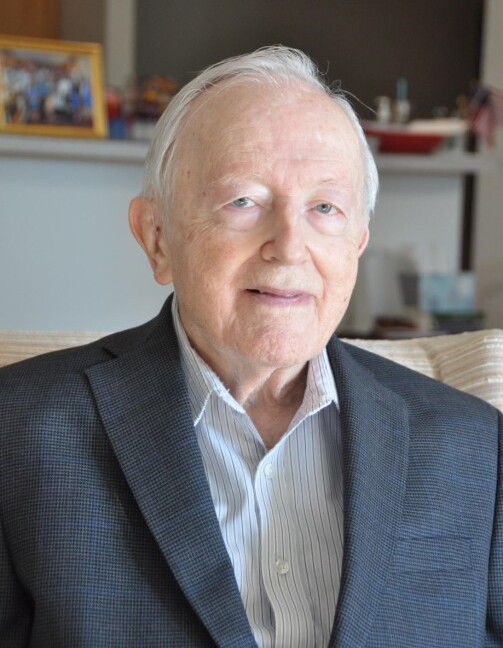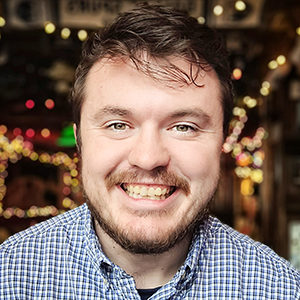In memoriam: Henry Clement Pitot III
Henry Clement Pitot III, an emeritus professor of the McArdle Laboratory for Cancer Research at the University of Wisconsin–Madison, died June 9 at the age of 91.
Born May 12, 1930, to Henry and Bertha Pitot, Henry grew up in New Orleans. He attended Virginia Military Institute, where he imagined himself making a career in the miliary, only to fall in love with research that was required for his bachelor’s in chemistry.

He earned his undergraduate degree in 1951 and was advised to get a medical degree to pursue additional biochemistry studies. He went to Tulane University, worked in the labs of Emmanuel Farber and Ernest Kun before earning his M.D. in 1955. Having developed a keen interest in medical research and its relation to disease development, Pitot went on to earn his Ph.D. in biochemistry and completed the requirements for work in pathology.
In 1959 at an American Cancer Society meeting, Pitot met Van R. Potter of the McArdle Laboratory in Wisconsin in an elevator and discussed his research over coffee. He moved with his growing family to Madison to begin his postdoctoral fellowship with Potter at the McArdle Laboratory. It was in Madison that Pitot spent more than 60 years as a research faculty member and administrator. Among his various roles were chair of the pathology department, dean of the medical school and director of the McArdle Laboratory.
Pitot worked to better delineate the staging for hepatocarcinogenesis. Over the course of his career, he authored or co-authored more than 500 scientific works, including ones on the changes in gene expression of hepatocytes during the multistage carcinogenic development. His work led to the development of methods to identify and quantify precancerous lesions in liver tissue and identify and characterize the risk of potential carcinogens.
Pitot served on a number of distinguished cancer panels of local and national impact, including the President’s Cancer Panel from 1993 to 1995. He served on the editorial boards for more than a dozen scientific journals and mentored more than 100 graduate students and postdoctoral fellows.
A tribute article from the McArdle Laboratory in Madison said “he epitomized collegiality, and his contributions to the cancer research community are everlasting.”
Thanks to “Minds at UW,” a series of oral podcast interviews with Pitot made in 2013 are available for public listening.
He was preceded in death by his wife, Julie, in 2017 and eldest daughter, Beth, in 2004. He is survived by seven children, 16 grandchildren and eight great-grandchildren.
Enjoy reading ASBMB Today?
Become a member to receive the print edition four times a year and the digital edition monthly.
Learn moreGet the latest from ASBMB Today
Enter your email address, and we’ll send you a weekly email with recent articles, interviews and more.
Latest in People
People highlights or most popular articles

From humble beginnings to unlocking lysosomal secrets
Monther Abu–Remaileh will receive the ASBMB’s 2026 Walter A. Shaw Young Investigator Award in Lipid Research at the ASBMB Annual Meeting, March 7-10 in Washington, D.C.

Chemistry meets biology to thwart parasites
Margaret Phillips will receive the Alice and C. C. Wang Award in Molecular Parasitology at the ASBMB Annual Meeting, March 7-10 in Washington, D.C.

ASBMB announces 2026 JBC/Tabor awardees
The seven awardees are first authors of outstanding papers published in 2025 in the Journal of Biological Chemistry.

Decoding how bacteria flip host’s molecular switches
Kim Orth will receive the Earl and Thressa Stadtman Distinguished Scientists Award at the ASBMB Annual Meeting, March 7–10, just outside of Washington, D.C.

Thiam elected to EMBO
He was recognized during the EMBO Members’ Meeting in Heidelberg, Germany, in October.

The timekeepers of proteostasis
Learn about the cover of the winter 2026 ASBMB Today issue, illustrated by ASBMB member Megan Mitchem.

